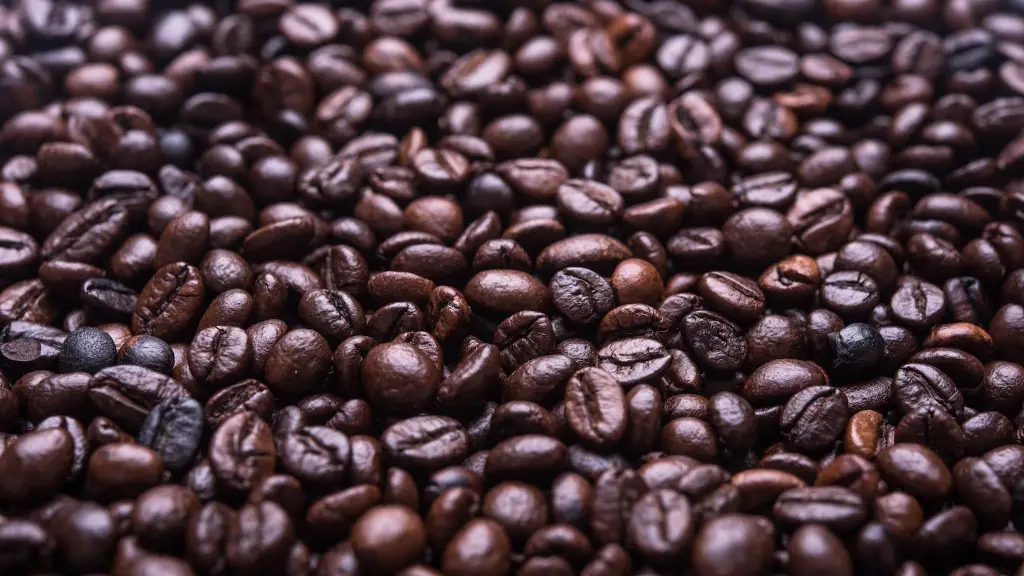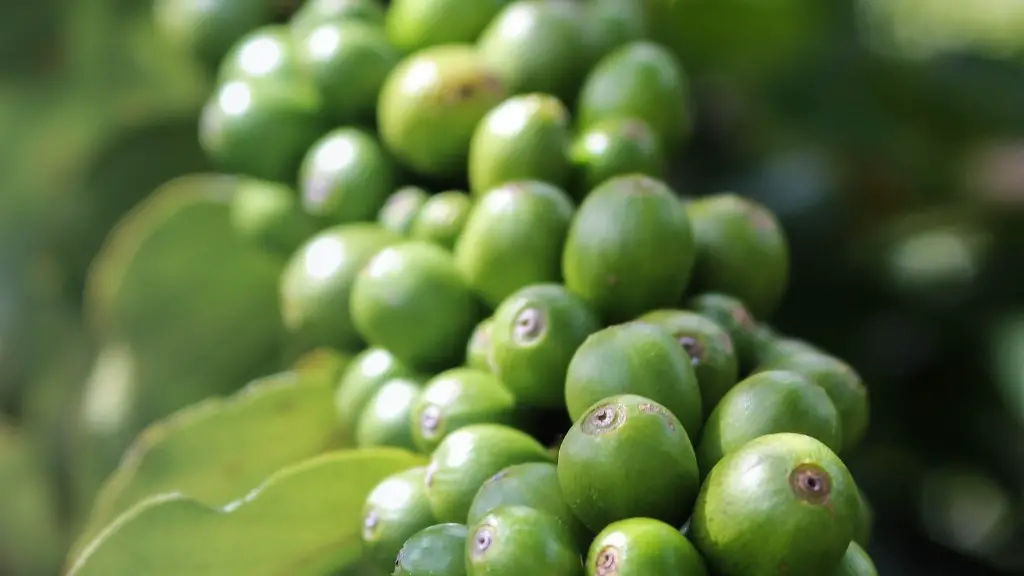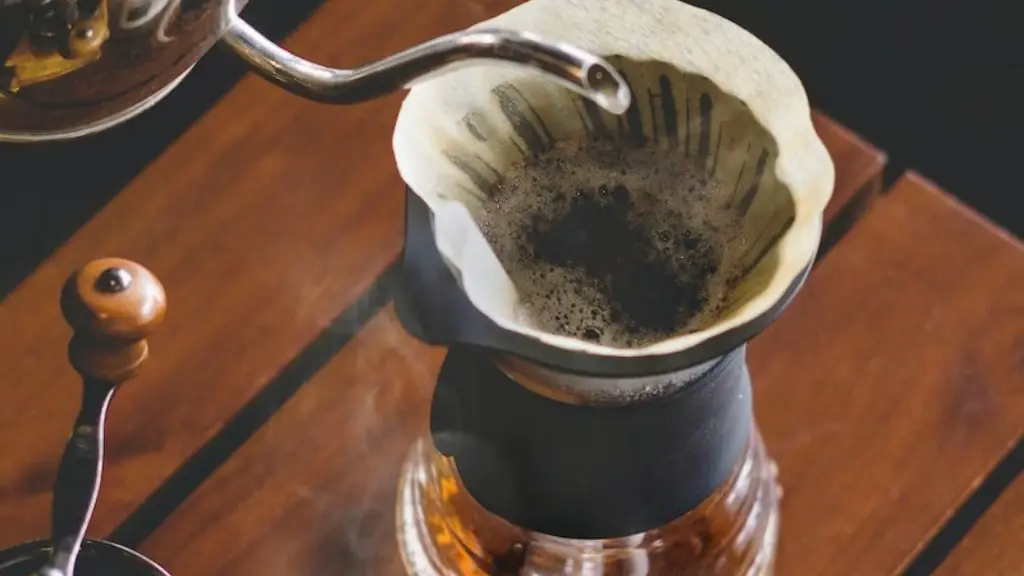Cold brew coffee has been one of the most popular drinks in coffee shops for years.
Cold brews are smooth, strong, and often sweet coffees served over ice. The drink is made by steeping coffee grounds in cold or room-temperature water for extended periods of time.
Starbucks cold brew coffee is made by steeping coarse-ground coffee in cold water for up to 20 hours to create a highly caffeinated concentrate that they can later dilute and serve with other ingredients.
The cold-brewing process helps to naturally extract the flavor and aroma of the coffee (without the bitterness associated with other brewing methods) while still producing a full-bodied cup of coffee.
In order to make the perfect cup of cold brew coffee, Starbucks starts by sourcing high-quality beans from around the world. Then, they grind the beans in-house and brew the cold-brew coffee for up to 20 hours.
Next, they filter the coffee to create a concentrated cold brew that’s ready to be bottled and sold. Starbucks also gives customers the chance to customize their cold brew with different syrups, milk, and milk alternatives. This allows customers to create their own unique cold brew experience.
Finally, Starbucks serves the best cold brew experience by offering the world-famous sips in the cafe or to-go. From nitro cold brew to classic cold brews with milk, Starbucks has a variety of options for customers to choose from.
Environmental Impact
In addition to making a delicious cup of coffee, Starbucks also focuses on ways to reduce their environmental impact. The company has committed to using 100% sustainable coffee by 2020. They are implementing a sourcing model that takes into account how the coffee is grown, how it impacts the surrounding environment, and how it affects the local communities.
Starbucks is also investing in more sustainable brewing technologies like water filtration systems, paper straws, and recyclable cups. They are also committed to reducing their water usage and carbon footprint by utilizing energy-efficient equipment.
Another sustainable measure taken by Starbucks is their cold brew coffee concentrate which can be served in reusable and recyclable containers. This concentrate helps to reduce waste, as customers can refill their containers with the concentrate and create their own cold brew at home.
By creating a more sustainable cold brew process, Starbucks is working to reduce their overall environmental impact and make their coffee more ethically and sustainably sourced.
Health Benefits
Starbucks cold brew coffee offers numerous health benefits. The cold brewing process helps to reduce the amount of acid in the coffee, which can be beneficial for those with sensitive stomachs or heartburn. It can also be less harsh on your teeth, reduce the risk of headaches, and contain more nutriments.
In addition to the health benefits of cold brew, Starbucks has also started to offer more healthy options such as almond milk and healthier syrups, like agave syrup and monk fruit. These ingredients can help to make the cold brew less sweet, while still providing a delicious and refreshing drink.
With the variety of healthy ingredients, cold brews are becoming a great way to enjoy a delicious cup of coffee while taking care of your health.
Social Impact
Starbucks’ cold brew coffee has also had a major impact on society. The company has opened up over 30,000 stores worldwide and has been a major player in creating the “coffee culture” in the United States.
Starbucks provides job opportunities for millions of people and has become a safe and welcoming place for people to come together. They have also been a major supporter of causes such as youth development, sustainability initiatives, and veterans’ support. Starbucks has contributed to these causes through their corporate giving programs, hiring initiatives, and much more.
Overall, Starbucks’ cold brew coffee has had a positive impact on society. The company has created a community by opening up stores, providing job opportunities, and giving back to society.
Business Impact
Aside from the social and environmental impacts, Starbucks has also had a major impact on businesses. The company is estimated to have an annual revenue of $26.5 billion, making it one of the largest coffee businesses in the world.
The introduction of cold brew coffee has helped Starbucks maintain its industry leadership. The company’s popularization of the drink has made it one of the most widely consumed coffee drinks in the world.
Overall, the success of Starbucks’ cold brew coffee has made it a leader in the coffee industry and an example for other businesses to follow.
Consumer Impact
The success of Starbucks’ cold brew coffee has also had a major impact on consumers. The popularity of cold brews has given coffee drinkers more options and has made coffee more accessible and enjoyable for many people.
Cold brew coffee has become a favorite for many coffee drinkers due to its delicious taste, convenience, and ease of preparation. Starbucks has also made the drink more affordable for many people, as the cold brew concentrates have become popular.
Overall, Starbucks’ cold brew has had a major impact on coffee culture and has given consumers a delicious and refreshing option to enjoy.
Future Outlook
As cold brew coffee continues to grow in popularity, Starbucks is likely to continue to impact the coffee industry and society.
The company has already started to expand its cold brew offerings, with new flavors and products like Cold Brew with Coconut Milk and Nitro Cold Brews. The company is also likely to continue their commitment to sustainability and ethical sourcing as they look to expand their cold brew offerings in the future.
Overall, Starbucks’ cold brew coffee has had a major impact on the coffee industry and society and is likely to continue to do so in the future.





